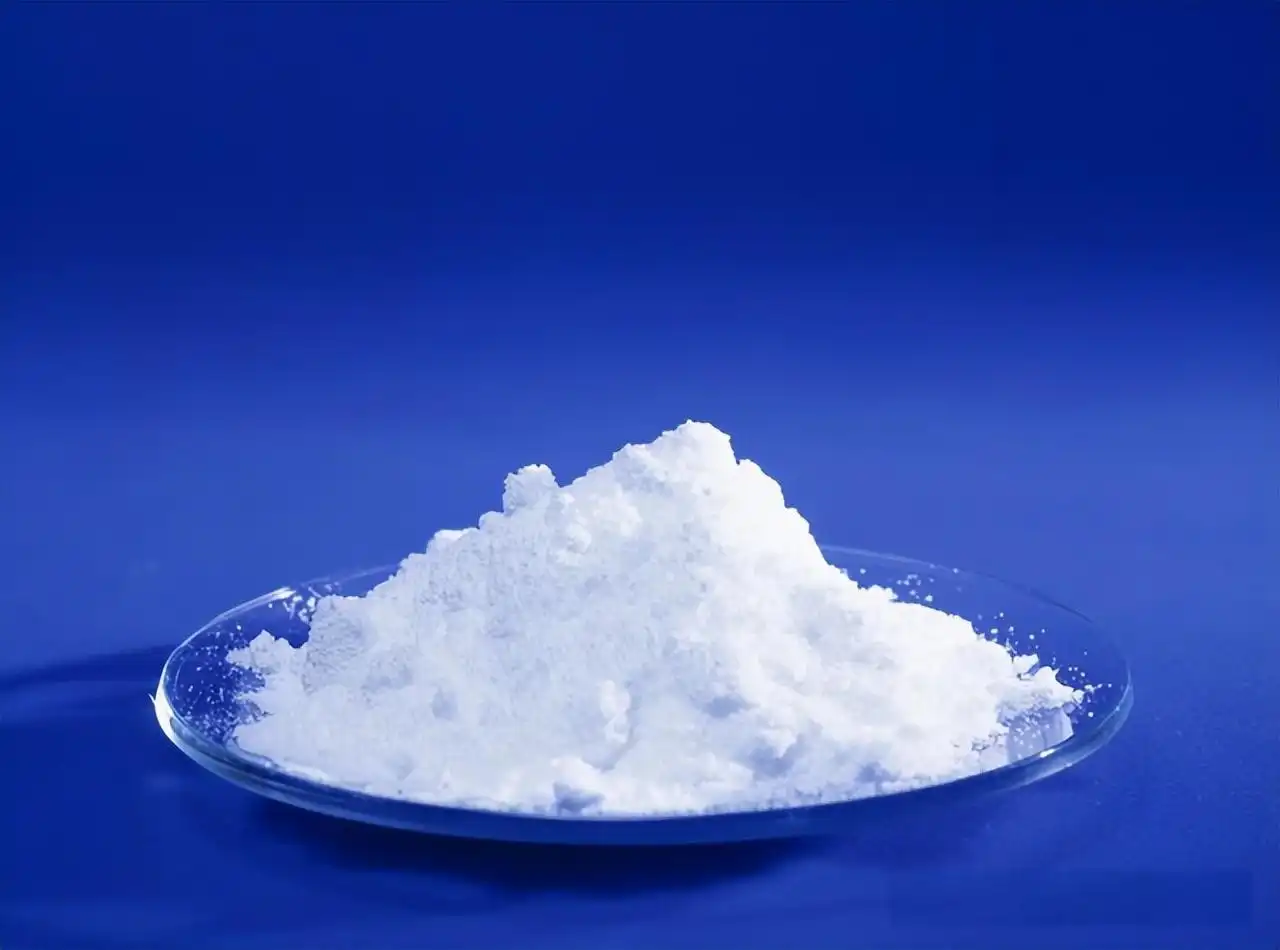- English
- French
- German
- Portuguese
- Spanish
- Russian
- Japanese
- Korean
- Arabic
- Greek
- German
- Turkish
- Italian
- Danish
- Romanian
- Indonesian
- Czech
- Afrikaans
- Swedish
- Polish
- Basque
- Catalan
- Esperanto
- Hindi
- Lao
- Albanian
- Amharic
- Armenian
- Azerbaijani
- Belarusian
- Bengali
- Bosnian
- Bulgarian
- Cebuano
- Chichewa
- Corsican
- Croatian
- Dutch
- Estonian
- Filipino
- Finnish
- Frisian
- Galician
- Georgian
- Gujarati
- Haitian
- Hausa
- Hawaiian
- Hebrew
- Hmong
- Hungarian
- Icelandic
- Igbo
- Javanese
- Kannada
- Kazakh
- Khmer
- Kurdish
- Kyrgyz
- Latin
- Latvian
- Lithuanian
- Luxembou..
- Macedonian
- Malagasy
- Malay
- Malayalam
- Maltese
- Maori
- Marathi
- Mongolian
- Burmese
- Nepali
- Norwegian
- Pashto
- Persian
- Punjabi
- Serbian
- Sesotho
- Sinhala
- Slovak
- Slovenian
- Somali
- Samoan
- Scots Gaelic
- Shona
- Sindhi
- Sundanese
- Swahili
- Tajik
- Tamil
- Telugu
- Thai
- Ukrainian
- Urdu
- Uzbek
- Vietnamese
- Welsh
- Xhosa
- Yiddish
- Yoruba
- Zulu
What is the Difference Between Soy Plant Sterols and Phytosterols?
In the intricate world of nutritional science, soy plant sterols and phytosterols stand out as remarkable compounds that have captured the imagination of researchers, health professionals, and nutrition enthusiasts. These plant-based molecules represent a fascinating intersection of biochemistry, nutrition, and potential health optimization. Unlike traditional nutritional supplements, soy plant sterols offer a unique approach to supporting human health through their remarkable molecular properties and interactions with the human body's metabolic processes.
Are Soy Plant Sterols a Unique Type of Phytosterol?
What Exactly are Soy Plant Sterols in the Phytosterol Family?
Soy plant sterols emerge as a specialized subset within the broader phytosterol family, distinguished by their specific origin and molecular characteristics. These compounds are structurally analogous to cholesterol but perform distinctly different physiological roles. At the molecular level, soy plant sterols represent a complex array of plant-derived compounds featuring a distinctive steroid nucleus with a specific side chain configuration. Their intricate molecular structure enables unique interactions with human metabolic processes, setting them apart from other plant-based compounds.
The extraction process for soy plant sterols involves sophisticated techniques that isolate these compounds from soybean sources, ensuring maximum purity and biological effectiveness. Advanced separation technologies allow researchers and manufacturers to concentrate these valuable molecules, making them more accessible for nutritional and therapeutic applications.
How Do Soy Plant Sterols Differ from Other Plant Sterols?
The differentiation of soy plant sterols extends beyond mere botanical origin. While phytosterols populate various plant sources including vegetable oils, nuts, seeds, and grains, soy plant sterols possess a unique molecular profile. They contain specific sterol compounds like β-sitosterol, campesterol, and stigmasterol, which are particularly concentrated in soy-based products. These molecular nuances contribute to their distinctive potential health-promoting properties and metabolic interactions.
Comparative studies have demonstrated that soy plant sterols exhibit slightly different absorption and interaction mechanisms compared to other plant sterols. Their molecular configuration allows for more efficient cholesterol-modulating effects, making them a subject of intense scientific investigation and nutritional interest.
What Makes Soy Plant Sterols Nutritionally Significant?
Nutritional significance stems from soy plant sterols' sophisticated mechanism of cholesterol absorption modulation. These compounds function as natural biochemical modulators, competing with cholesterol for absorption in the intestinal tract. By strategically positioning themselves within the digestive system, soy plant sterols create a molecular barrier that potentially reduces cholesterol absorption, presenting a natural approach to cardiovascular health management.

Can Soy Plant Sterols Effectively Lower Cholesterol Levels?
Understanding the Cholesterol-Lowering Mechanism of Soy Plant Sterols
The cholesterol-lowering mechanism represents a sophisticated biochemical interaction. Soy plant sterols work through a process of competitive inhibition, essentially creating a physical barrier that prevents cholesterol molecules from being absorbed into the bloodstream. Scientific investigations have revealed that consuming approximately 2 grams of soy plant sterols daily can potentially reduce low-density lipoprotein (LDL) cholesterol levels by 5-15%, presenting a promising natural intervention strategy.
Modern research techniques, including advanced metabolomic analysis and molecular imaging, continue to unveil the intricate ways soy plant sterols interact with human physiological systems. These investigations provide deeper insights into their potential long-term health benefits and molecular mechanisms.
How Do Dietary Sources Impact Soy Plant Sterols Effectiveness?
Dietary integration plays a crucial role in maximizing the potential benefits of soy plant sterols. Foods like soybean oil, tofu, edamame, and soy milk serve as natural reservoirs of these beneficial compounds. The bioavailability and absorption depend on multiple factors, including meal composition, individual metabolic characteristics, and concurrent dietary intake.
Nutritional scientists recommend a holistic approach to consuming soy plant sterols, emphasizing their integration within a balanced, nutrient-rich diet. The synergistic effects with other dietary components can potentially enhance their overall effectiveness and absorption.
Exploring the Synergistic Effects with Other Nutrients
The interaction of soy plant sterols with other nutrients reveals a complex nutritional dynamic. When combined with heart-healthy components like omega-3 fatty acids, dietary fiber, and specific antioxidants, these compounds may exhibit enhanced beneficial properties. This multifaceted approach suggests that comprehensive nutritional strategies could offer more substantial health advantages than isolated interventions.
What Scientific Research Supports the Benefits of Soy Plant Sterols?
Current Scientific Perspective on Soy Plant Sterols
The scientific landscape surrounding soy plant sterols continues to evolve, with researchers exploring their potential beyond traditional cardiovascular health applications. Peer-reviewed studies have consistently demonstrated their potential in modulating cholesterol levels, reducing inflammation, and supporting overall metabolic health.
Long-Term Clinical Studies and Observations
Longitudinal research provides compelling evidence about the sustained impact of soy plant sterols. These comprehensive studies track populations consuming regular doses of these compounds, revealing potential benefits in cardiovascular risk reduction and metabolic health optimization.
Emerging Research Directions and Future Potential
Cutting-edge research is expanding the understanding of soy plant sterols, investigating potential applications in metabolic syndrome, inflammatory responses, and potential preventive strategies. The complexity of these compounds continues to intrigue researchers, suggesting that our comprehension of their health benefits is an ongoing journey of scientific discovery.

Conclusion
Soy plant sterols represent a remarkable convergence of nutritional science, molecular biology, and potential health optimization, offering promising avenues for natural wellness strategies.
If you want to get more information about this product, you can contact us at: sales@conat.cn.
References
1. Jones, P. J., & AbuMweis, S. S. (2009). Phytosterols and cholesterol metabolism. Current Opinion in Lipidology, 20(4), 257-262.
2. Ostlund, R. E. (2007). Phytosterols in human nutrition. Annual Review of Nutrition, 27, 313-333.
3. Lemay, A., Pilon, G., & Tremblay, A. (2010). Effect of a dietetic supplement combining phytosterols and soy protein on LDL cholesterol and lipid profile. Journal of the American College of Nutrition, 29(3), 255-262.
4. Clifton, P. M., & Keogh, J. B. (2017). A systematic review of the effect of dietary supplementation with plant sterols on blood cholesterol concentration. Nutrition & Metabolism, 14(1), 1-10.
5. Mackay, D. S., & Jones, P. J. H. (2011). Potential microarray analysis of gene expression patterns in human body tissues after plant sterol consumption. Journal of Agricultural and Food Chemistry, 59(8), 3816-3825.
6. Nicolle, C., Souidi, M., & Karahalil, B. (2014). Plant sterols and cardiovascular disease prevention: Clinical and molecular research perspectives. Biochimie, 96, 54-60.
YOU MAY LIKE
